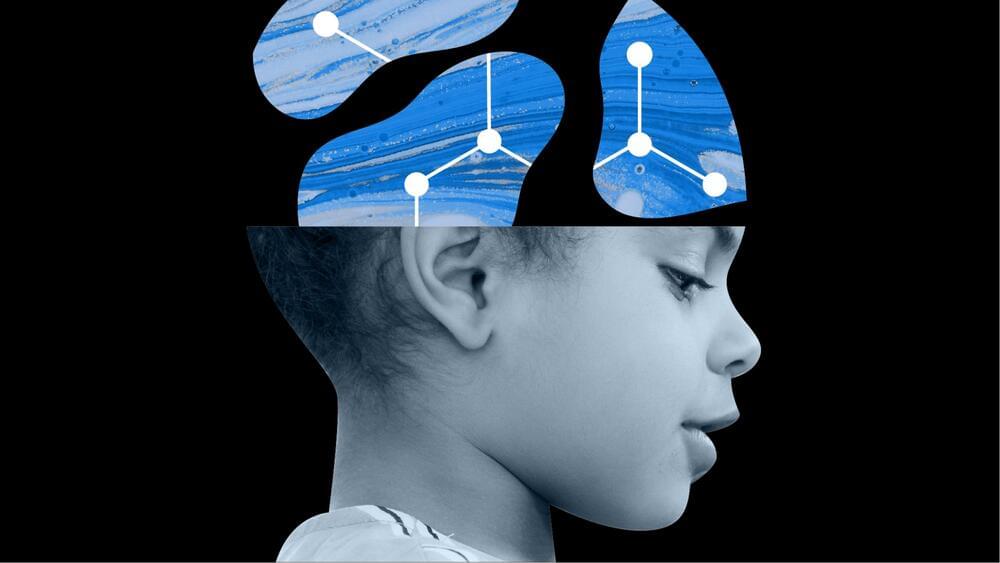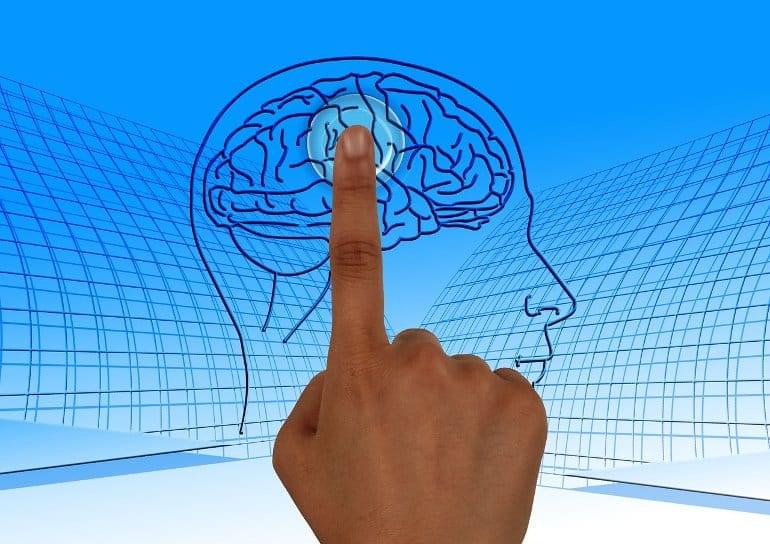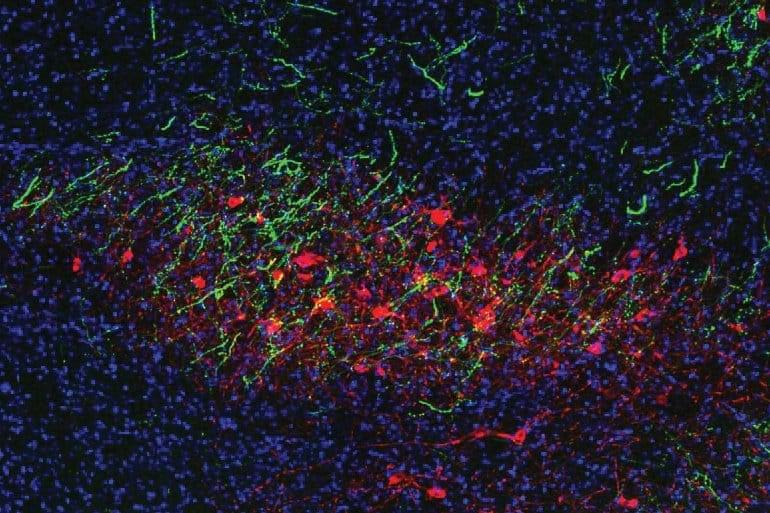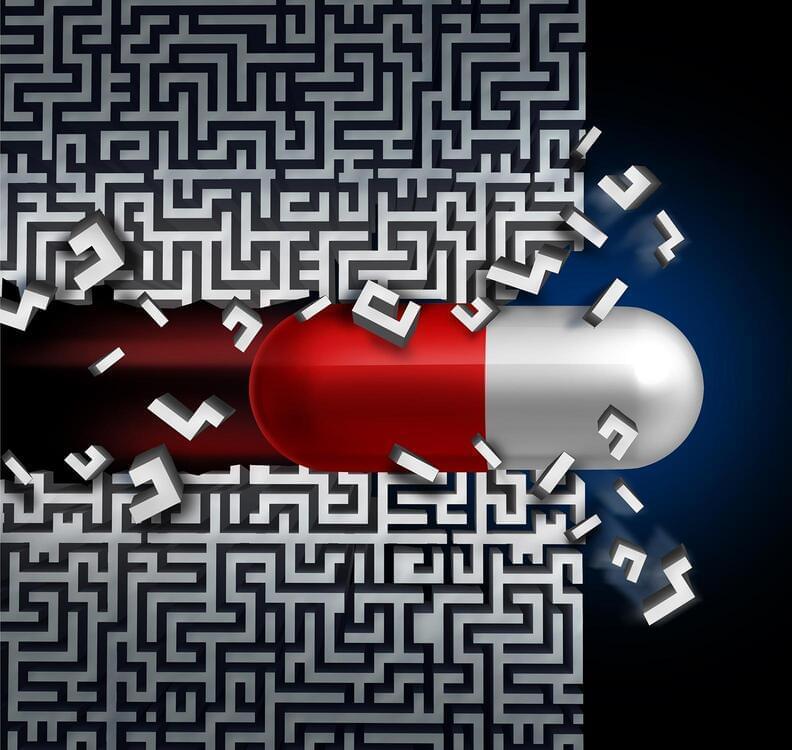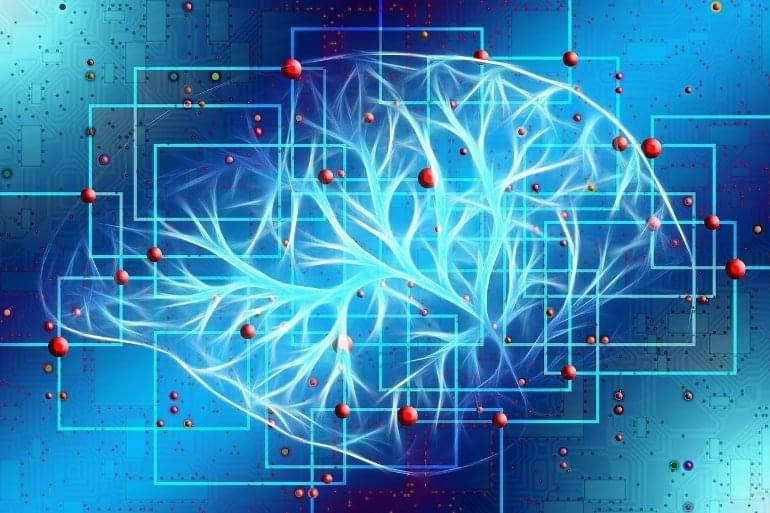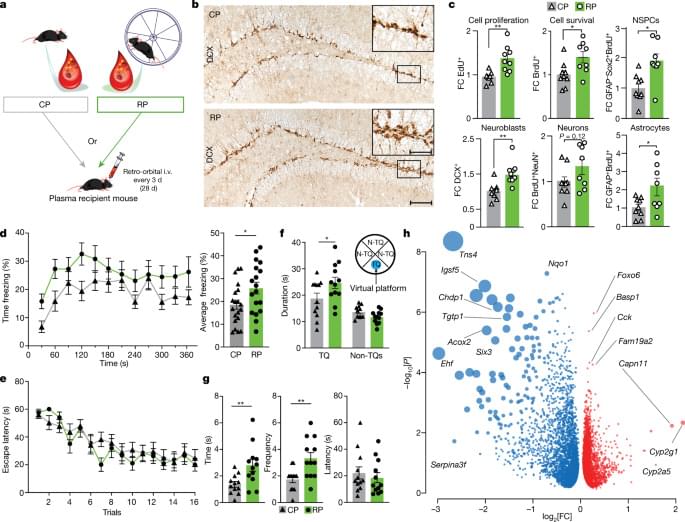When the perception of bodily self-consciousness is distorted… See more.
Summary: When the perception of bodily self-consciousness is distorted, the recovery of body ownership can be predicted by different kinds of memories.
Source: University of Tsukuba
Scientists and philosophers have pondered the nature of consciousness for centuries. But now, researchers from Japan have uncovered new information that challenges previous theories about the relationship between two elements of consciousness.
In a study published this month in iScience, researchers from the University of Tsukuba have revealed that when the perception of bodily self-consciousness is distorted, the recovery of body ownership can be predicted by different kinds of memories.

